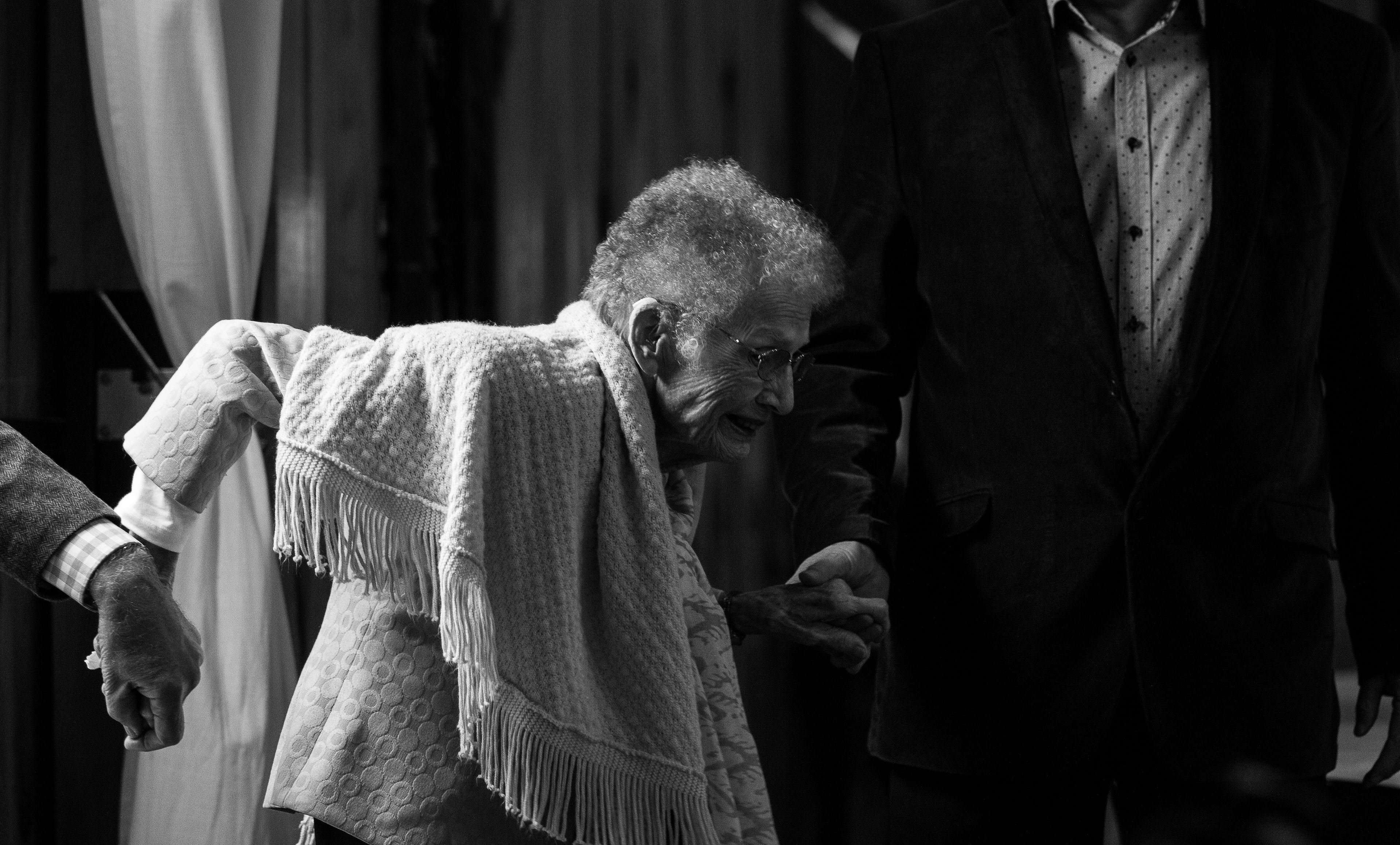
Caring for a Parent You’re Distant or Estranged From: A Guide to Navigating One of Life’s Hardest Decisions
Will I take care of my aging estranged parent — and if so, how?
As we get older, many of us will face a deeply complex, emotionally fraught question: Will I take care of my aging parent — and if so, how?
For those of you who have a difficult, distant, or estranged relationship with a parent, this is not a simple choice. You may feel conflicted, forced, or trapped. You may wonder what it says about you if you choose not to help, or fear being exposed to more harm if you do.
I created this guide for you: the adult child navigating these challenging questions while trying to protect your well-being and live in alignment with your values.
Why This Feels So Hard
Caring for an aging parent is a reality for many. Today, around 53 million adults in the United States are caring for an older relative, often while raising children and managing demanding careers.
If you come from a healthy, close-knit family, this is often seen as a natural act of love and duty. But for those of you with difficult histories, including estrangement, parentification, or childhood maltreatment, the question is more complicated.
And yet, society rarely makes space for that. You’re bombarded with messages like:
- “You owe it to your parents.”
- “Good children take care of their family.”
- “How can you leave them alone when they’re sick?”
There’s an unspoken belief that when the situation becomes bad enough, adult children will, or should, set everything aside and show up.
But for many estranged or distant adult children, that is not the case. And they shouldn’t be shamed for making decisions that protect their health and safety.
What the Research Tells Us
Studies have found that:
- Estranged adults are less likely than their peers to care for aging parents, even when those parents expect otherwise.
- Adults who experienced childhood maltreatment and later care for a parent are at increased risk for depression and anxiety while providing that care.
In other words, your hesitation is not cruel. It is understandable, valid, and well-supported by both research and lived experience.
Your Options Are Not All or Nothing
One of the biggest myths about caring for a difficult parent is that it’s an all-or-nothing choice:
- You either move in with them, become their full-time caregiver, and sacrifice your life.
OR - You do nothing and are a “bad” child.
There are many ways to provide care (if you choose to).
Financial Assistance
- Pay for food, medical bills, home care, or a living facility.
- Allows for support with less personal involvement.
Care Coordination
- Schedule appointments, arrange home care, manage logistics.
- Offers a managerial role with minimal direct contact.
Remote Oversight
- Check in with your parents’ caregivers via phone or text.
- Maintain distance while ensuring they’re being cared for.
Hands-On Care
- Provide direct physical and emotional care.
- For some, this feels right; for others, it may be harmful or impossible.
You get to choose what feels safe, sustainable, and right for you.
Important Reminders for Caregivers
If you decide to provide any level of care, here are some things you can do to protect yourself.
Create a Contract With Yourself
Define exactly what you can and cannot do.
Example:
- “I can coordinate doctor appointments, but cannot attend them.”
- “I will send groceries.”
Watch for Warning Signs
Notice when caregiving is harming you:
- Are you losing sleep?
- Using unhealthy coping mechanisms?
- Snapping at loved ones?
- Feeling depressed, anxious, or trapped?
Know Your Strengths
Ask:
- What kind of care can I sustainably provide?
- What type of care feels most aligned with my values and capacity?
- What are my personal limits?
Ignore societal messages about what you should do, and focus on what you can and want to do.
When It’s Okay to Say No
This may be the most taboo truth of all:
Not everyone can — or should — take care of their parents at the end of life.
If your parent was abusive or harmed you deeply, you are not obligated to step into a role that will retraumatize you. We would never ask someone to care for a stranger who abused them for 18 years, and we should not expect it just because that person happens to be your parent.
You are not selfish for protecting your peace. You are not bad for setting limits. You are allowed to say, I cannot do this.
Avoiding Harm on Both Sides
If you know you cannot provide safe, ethical care:
- Set up alternate arrangements (facilities, outside caregivers).
- Ensure that no harm or neglect occurs while protecting your own well-being.
Be honest with yourself. If being the caregiver would lead to harm (to you or to them), it’s okay and necessary to step back.
If you take nothing else from this article, remember this:
You get to decide what you are able and willing to provide.
Your choice does not define your worth.
Context matters — no one else knows your relationship’s full story.
Caring for a parent after a painful history is one of the hardest decisions you may ever face. There is no right or wrong, only what is sustainable, ethical, and compassionate for you.
And if you need support, you are not alone. We talk about this every day in the Family Cycle Breakers Club at Calling Home. In these groups, you’ll meet others navigating this exact decision — people who get it without judgment.